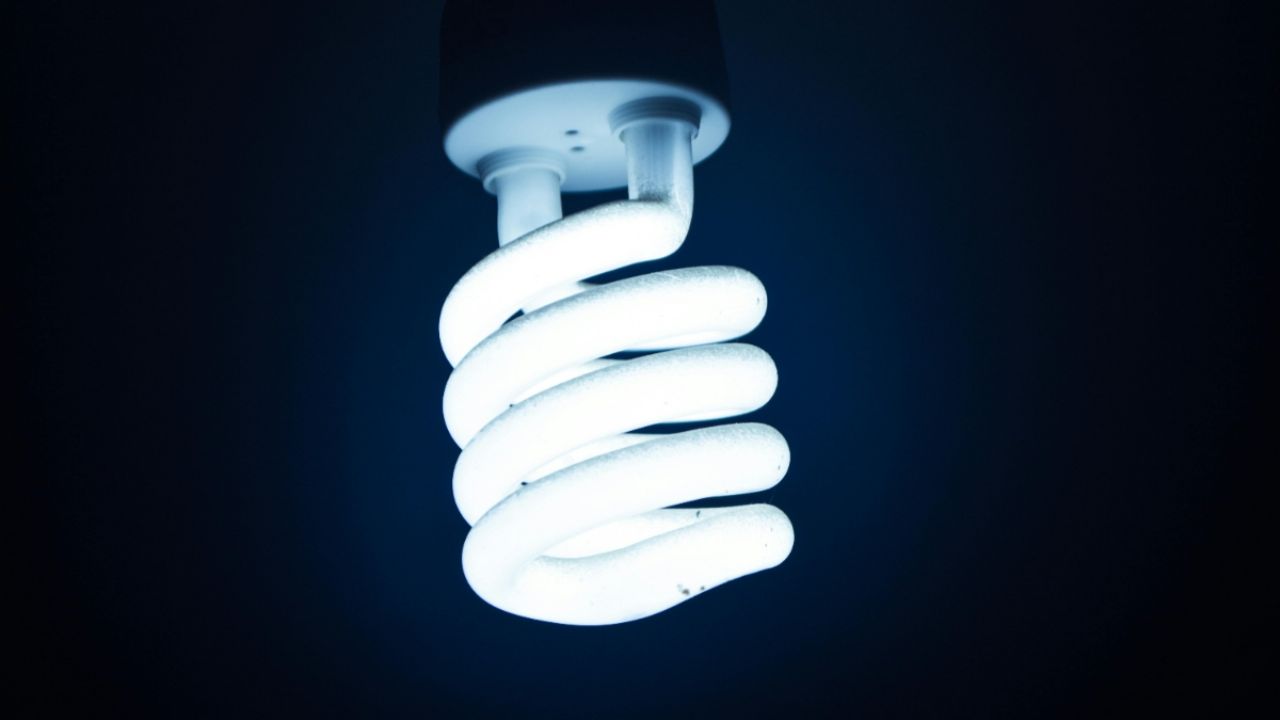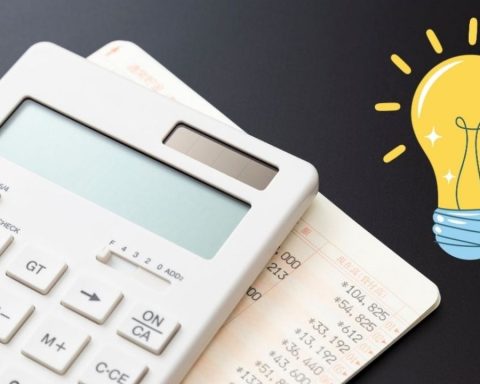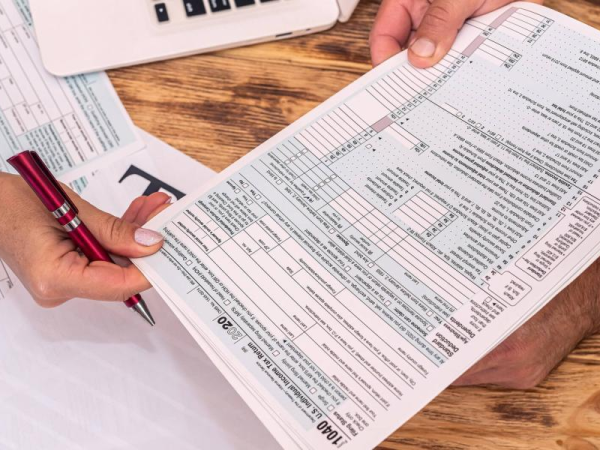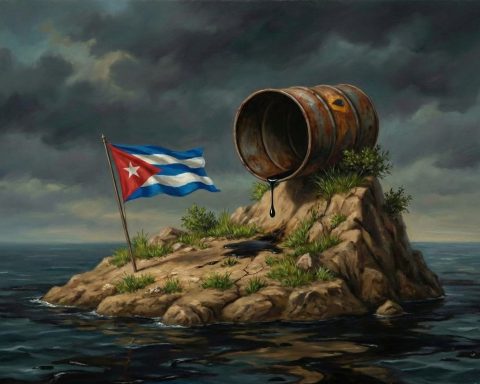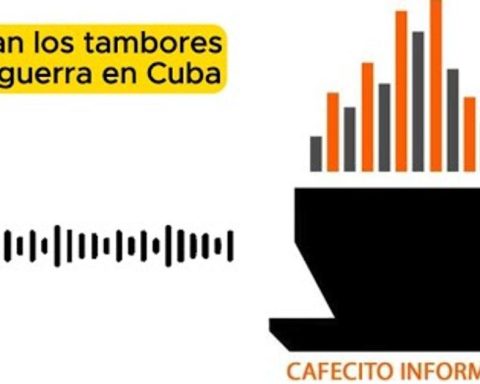In the face of the prolonged power outages The disasters that have affected thousands of homes in Chile have left many people affected by the loss of food, medicines and damage to household appliances. This situation has raised concerns about the possibility of obtaining compensation for these losses. Fortunately, there are legal mechanisms and procedures that allow those affected to claim what is owed to them.
Current regulations in Chile establish that, in cases of prolonged interruptions in the electricity supply, companies must compensate affected customers automatically. This compensation This is usually reflected in the next electricity bills, reducing the amount to be paid. However, when power outages have caused significant material losses, such as spoiled food or damaged appliances, it is possible to request additional compensation.
For those looking for a compensation Additionally, it is crucial to have evidence to support the losses suffered. Rosa Gomez, an expert in administrative law, suggests keeping purchase receipts, photographs of damaged food and records of damaged appliances. This evidence will be essential when filing a claim with both the electric company and regulatory agencies.

The process to apply for the compensation The process for filing a complaint for these damages begins with a claim to the electric company that provides the service. The company has a period of 30 days to respond. If the response is not satisfactory, or if the company does not respond within the established time, the customer can take his or her complaint to the Superintendence of Electricity and Fuels (SEC) or the National Consumer Service (Sernac). Both organizations offer channels to manage these complaints and ensure that consumers receive adequate compensation.
In addition to these individual claims, the municipalities of the Metropolitan Region have initiated a Collective Voluntary Procedure (PVC) in collaboration with Sernac to negotiate additional compensation with the electric companies. This procedure seeks to address more broadly the damages caused by the power outages and offer a collective solution to those affected.
